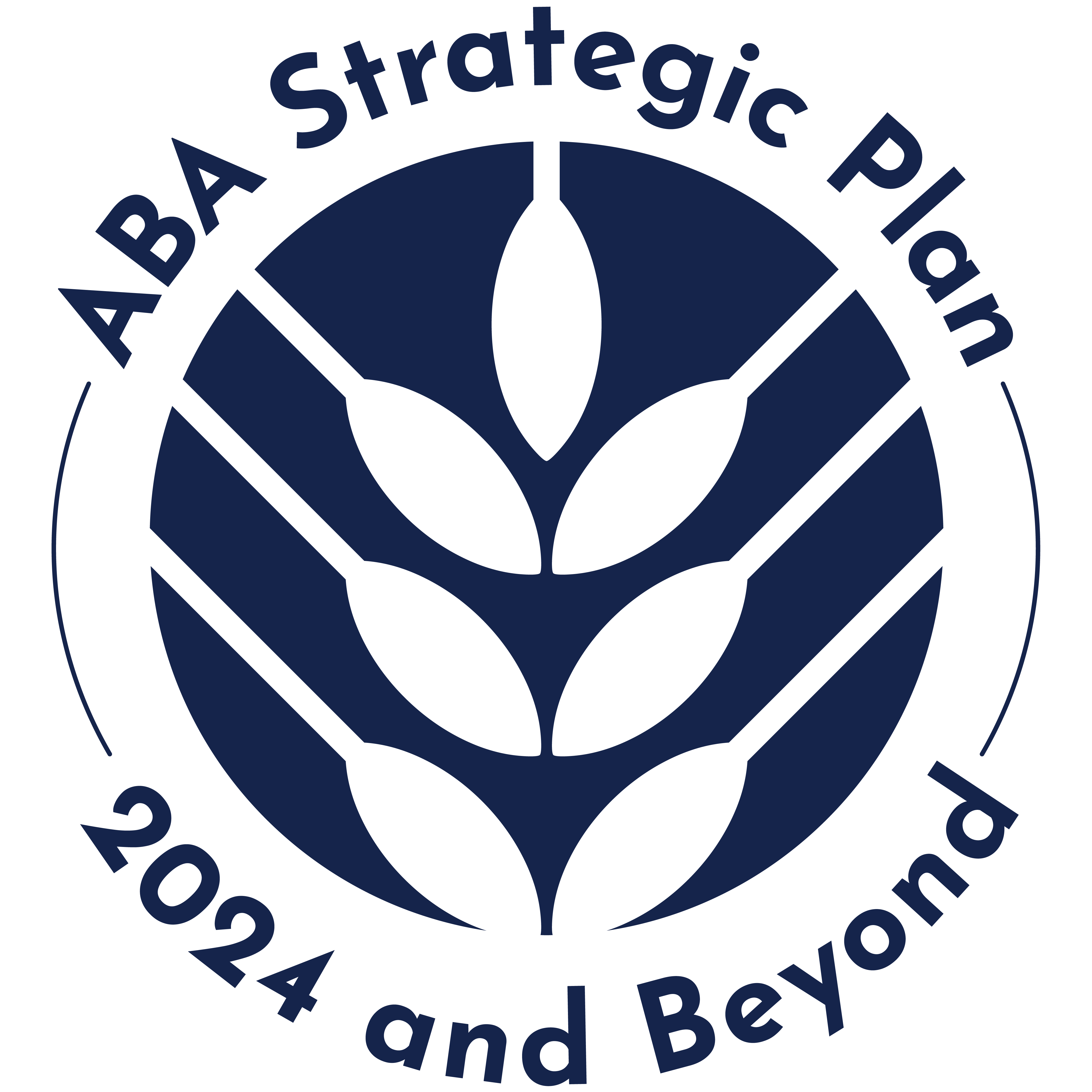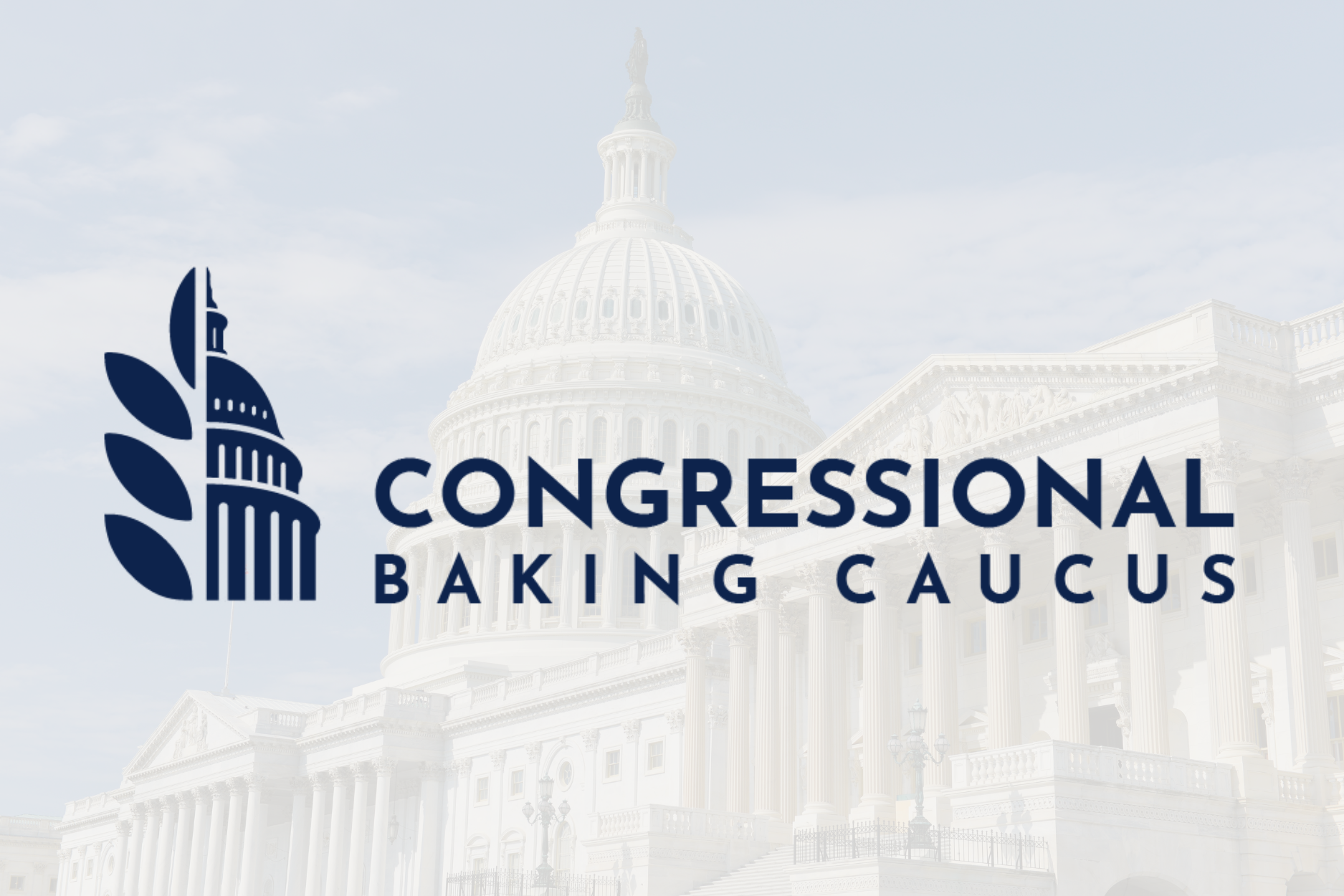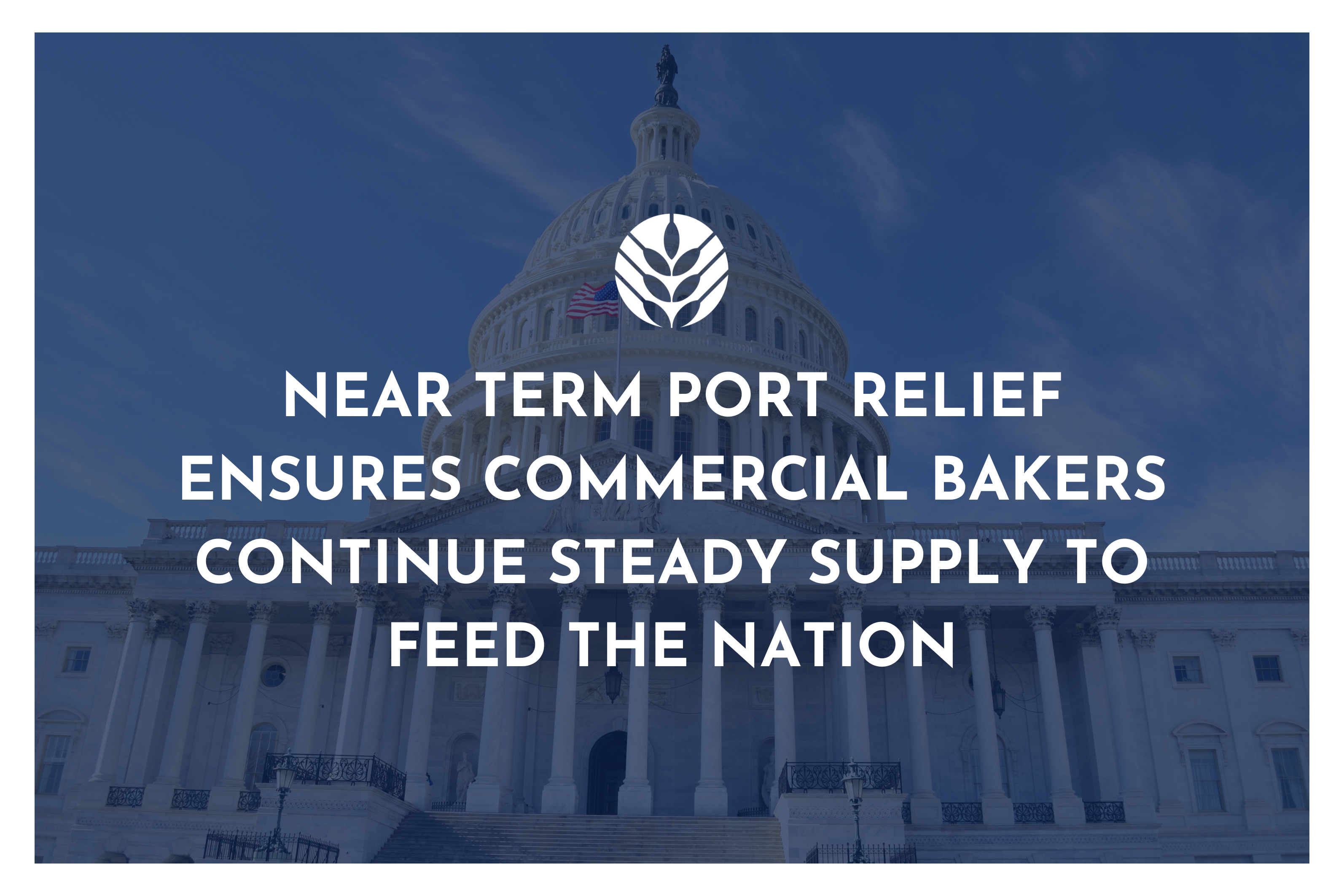Even as they focus on running crisis operations, bakers need to keep track of a growing number of new legal and financial details emerging from the coronavirus crisis and emerging policy legislation.
Many of these issues, if ignored, can come back to bite them later, emphasized attorneys speaking in an American Bakers Association webinar.
The webinar goes into depth on a wide range of factors related to the crisis, including tax credits, paid sick leave, furloughs and layoffs, unemployment benefits, retirement plans, and health plan coverage. The information, which covers the CARES Act, FFCRA, PPP, and other measures, was relayed from legal experts at the law firm of Morgan Lewis.
Bakers may not realize many new requirements that the CARES Act requires of employers, for example, the need to carefully track the time of teleworking employees to avoid problems later. Companies might not be aware of new rules about certain executive compensation limitations related to the CARES Act (Coronavirus Aid, Relief, and Economic Security Act).
The federal government’s unprecedented rush to advance legislation and rulemaking — and a patchwork of measures from state and local governments — has left many questions unanswered for businesses. In fact, the webinar includes some details that only became apparent a short while before the presentation began, a fact that underscores the fluid nature of this situation.
“Bakers have a great deal of issues on their plates with this crisis, but they need to be aware of the quickly changing tax and legal issues that will impact their companies,” said Lee Sanders, ABA’s Senior Vice President, Government Relations and Public Affairs, who opened the webinar.
Quickly Changing Landscape Creates Challenges
The fast pace of change makes it difficult to keep up. Bakers will need to understand not only the key changes to laws and regulations but also the many new questions created in the rush to pass legislation and make rules.
“Congress passed laws quickly, and left details to agencies,” said Steven Johnson, a Morgan Lewis partner, who addressed IRS-related issues. “The IRS is trying to issue quick and thoughtful guidance, but it is complicated and not easy to do.”
In many cases, the details of new measures are unique, and the penalties for not complying aren’t yet clear, such as for some executive compensation limits that relate to the CARES Act, said Jonathan Zimmerman, another partner in the law firm.
“We’re not 100 percent clear of the consequences of violating these restrictions,” he said, referring to the conditions of taking loans under a Treasury Department program. “It’s potentially a pretty big deal, and not the sort of restrictions you want to violate by mistake.”
Following are some of the details relayed during the webinar. Bakers are encouraged to view the full webinar for a wide range of information and guidance. Additional resources appear further below.
PTO and Sick Leave
The webinar addressed paid time off and sick leave issues. It covered provisions under the Families First Coronavirus Response Act (FFCRA), impacting employers with less than 500 employees.
The Emergency Paid Sick Leave Act and the Emergency Family and Medical Leave Expansion Act temporarily provide eligible employees of covered employers with paid sick leave and/or paid job-protected family and medical leave for specific reasons relating to the COVID-19 public health emergency.
Between April 1, 2020 and December 31, 2020, employees of covered employers may take up to 80 hours (or, for part-time employees, the prorated equivalent) of emergency sick leave for COVID-19 related reasons.
Teleworking and Alternate Work Arrangements
It’s important to accurately track employee time worked. Not doing so brings potential liability under federal, state and local laws for “off the clock” work, meal and rest break violations, and similar claims.
Some states require that employers reimburse employees for expenses incurred through cell phone and internet usage while performing required business work.
Hazard Pay Rules
Hazard pay is defined by Department of Labor as “additional pay for performing hazardous duty or work involving physical hardship.”
It can take a variety of forms, such as one-time, discretionary lump sum bonus for past work performed, or future work performed, or an increase in hourly rate for future work performed
Multiple states have notice requirements that apply to increases (and decreases) in wages.
Tax and Loans Details
The CARES Act provides that employers may delay payment of 100% of the employer share of Social Security tax (6.2%) on wages where such taxes are due between March 27, 2020 and January 1, 2021.
The deadline for paying 50% of deferred taxes is December 31, 2021 (21 months), and the deadline for paying the remaining 50% of taxes is delayed until December 31, 2022 (33 months).
Meanwhile, The CARES Act directs the Secretary of Education to suspend, through September 30, 2020, all payments due for federal student loans that are held by the U.S. Department of Education.
The relief is limited to certain federally owned loans.
Executive Compensation Limitations
Financial assistance under the CARES Act limits executive compensation. The Act authorizes the Treasury Department to offer up to $500 billion in loans, loan guarantees, and other investments in support of eligible businesses that are impacted by the COVID-19 pandemic.
Businesses that avail themselves of these loans (or loan guarantees) under the CARES Act must comply with a number of restrictions, including limitations on compensation and severance paid to certain officers and employees
A company that takes a loan (or loan guarantee) under these financial assistance provisions of the CARES Act must agree to limit the total compensation and the severance pay and other benefits upon termination of employment of certain employees during a restriction period.
More Resources
In addition to viewing the webinar, bakers can leverage a number of resources for more information. These include:



